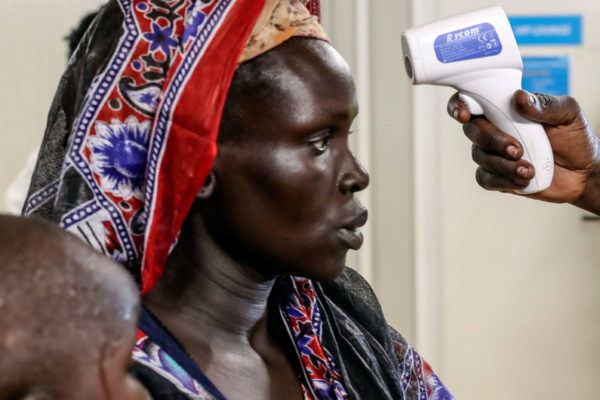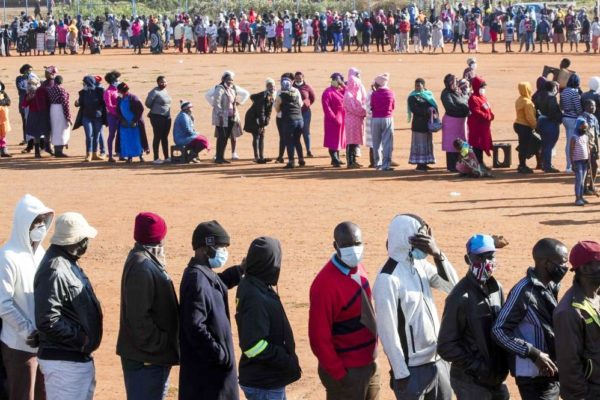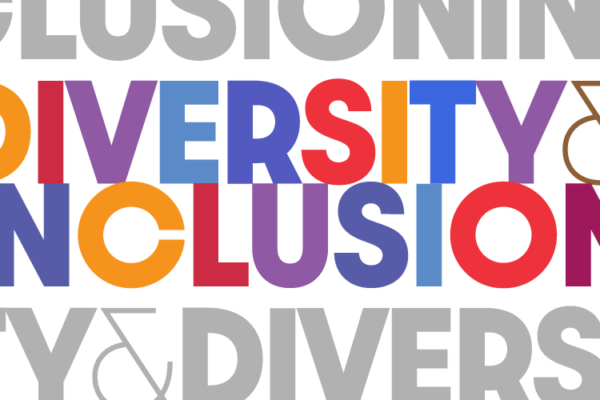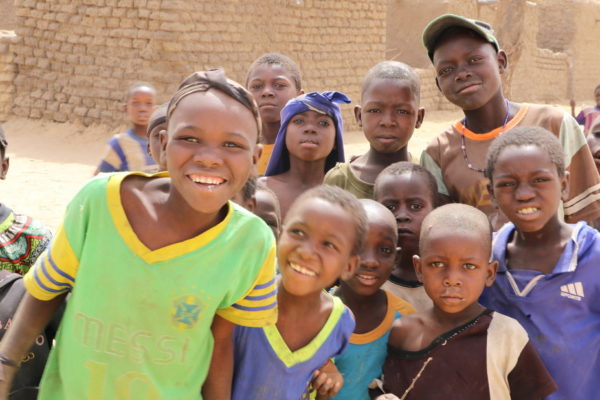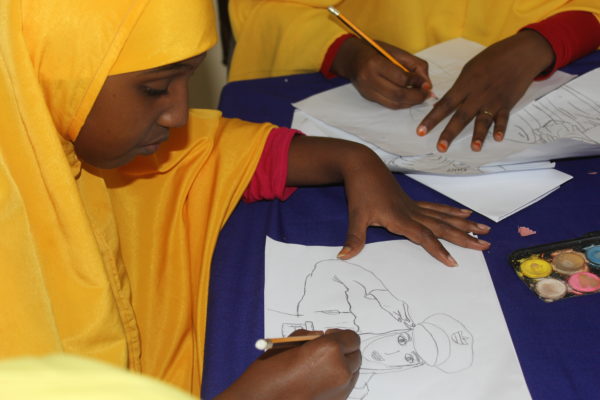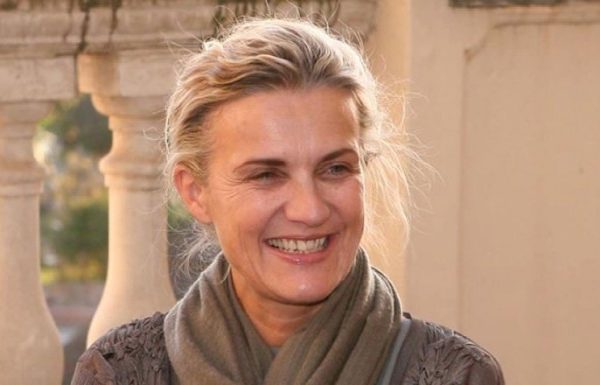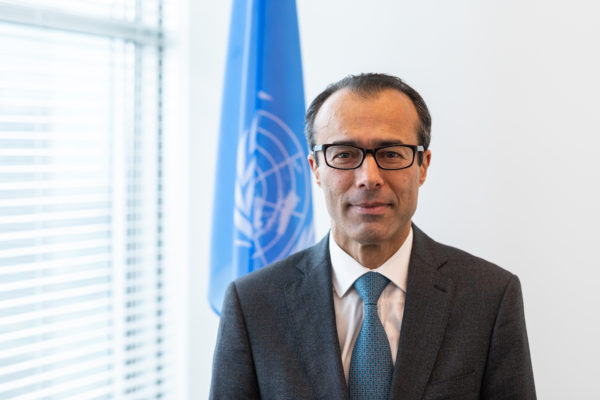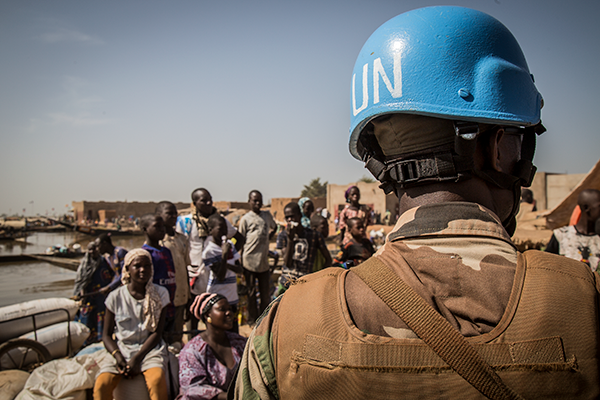Interpeace and United Nations Peacebuilding Office renew partnership to sustain peace
The world is witnessing a marked rise in violence within states, as more societies experience violent conflict globally. In response to this worrying trend, Interpeace and the Bureau d'appui à la consolidation de la paix (PBSO) have renewed their partnership to reduce violence in fragile and conflict affected societies.
The new commitment reflects current shared priorities to build more just, inclusive, resilient, and peaceful societies. In line with a recently updated version of an existing Memorandum of Understanding, Interpeace and PBSO will jointly work towards achieving the Sustaining Peace Agenda in the coming years. The Agenda seeks to sustain peace at the different stages of conflict in all dimensions, by preventing the outbreak of violence, its escalation, continuation, and recurrence.
Many of the key premises of the Sustaining Peace Agenda are now widely accepted and enshrined in policies, such as the application of peacebuilding approaches along the peace-conflict continuum, the focus on conflict prevention, and the need for contributions to peace across the humanitarian, development, stabilization, peace, and human rights fields. However, the operationalization of these conceptual shifts in peacebuilding is lagging.
The PBSO and Interpeace share the objective of enabling and supporting the ‘whole-of-system’ approach to peace that the Agenda calls for by promoting the application of peacebuilding not only as a set of distinct activities, but also as an approach to social, economic and other interventions in conflict affected contexts. This dovetails with the goal of the humanitarian-development-peace nexus, which also seeks to promote greater collaboration among international actors towards collective outcomes – all the while enabling local ownership and leadership.
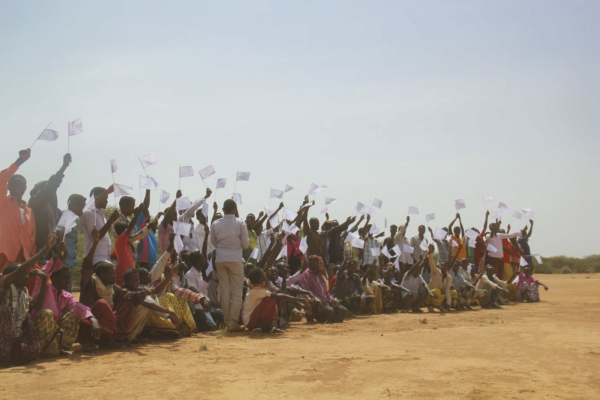
Photo credit: Interpeace.
The UN Peacebuilding Support Office and Interpeace have had a long-standing fruitful partnership based on shared values and objectives. The renewal of this partnership is oriented towards new strategic priorities in line with current gaps and opportunities in peacebuilding.
In the past years, Interpeace has provided support to various processes informing projects by the Peacebuilding Fund (PBF). Among others, this was rolled out through backstopping participatory and locally led conflict analysis in The Gambia, facilitating multi-stakeholder consultations for a framework of engagement in Guinea Bissau, and supporting UN agencies in designing peacebuilding projects in Mali and Guinea Bissau. Interpeace has also implemented PBF-funded programmes that support the empowerment of women in Guinea Bissau and Mali, as well as the empowerment of young people in Côte d’Ivoire.
“We are delighted to continue this close collaboration with the PBSO through direct support to both PBSO and PBF processes, as well as strongly aligning the objectives in our independent work,” said Martina Zapf, Senior Manager at Interpeace.
Based on a firm belief in the vital role that an effective UN Peacebuilding Architecture can play, Interpeace also contributed critical inputs to the review of that architecture in 2015 and is doing so again in the 2020 review process. In 2015, Interpeace’s proposal, which is now established, was for the “UN to do less and enable more”.
Interpeace has been supporting UN agencies in implementing the Sustaining Peace Agenda by accompanying the integration of peace responsive approaches into humanitarian and development assistance. The Interpeace Advisory Team (IPAT) has engaged in co-learning processes with the Food and Agriculture Organization (FAO)la United Nations Children’s Fund (UNICEF) et World Health Organization (WHO) in this regard. In the context of supporting the design and prioritization of PBF projects in various contexts, other agencies have also been accompanied in effectively integrating contributions to peace in their social and economic interventions.
Apart from working to foster peacebuilding action across the UN system, the PBSO and Interpeace will also collaborate on strengthening the evidence base of how different types of interventions can contribute to peace.
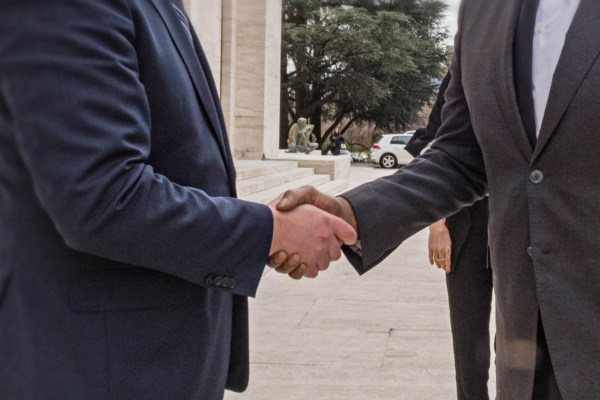
Crédit photo : Interpeace
